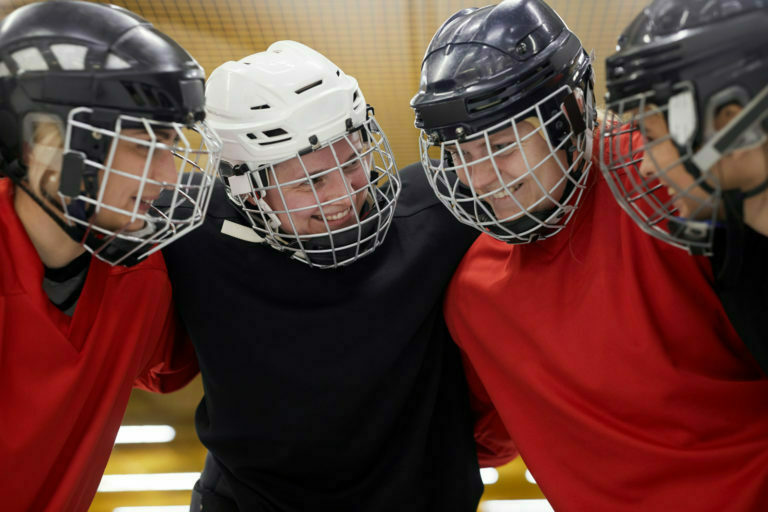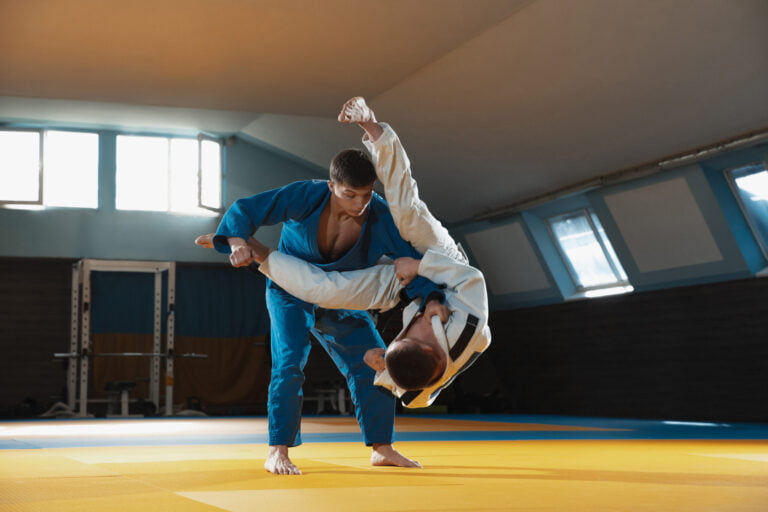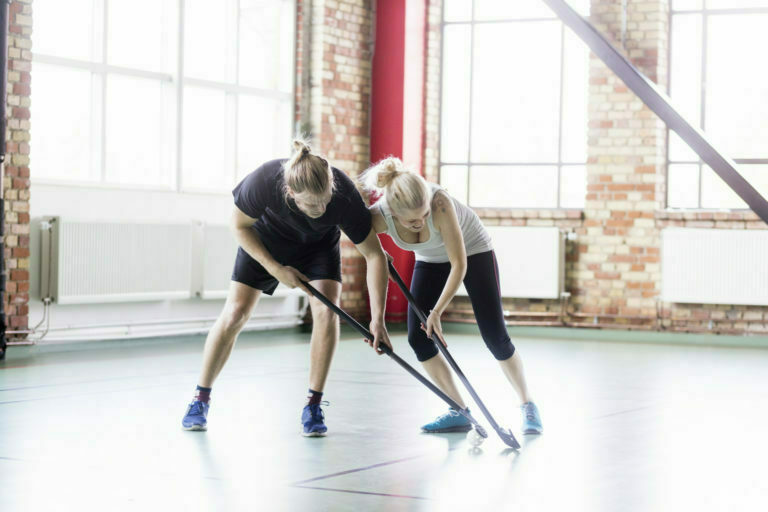Hockey is one of the most popular sports in the world. Millions of people play hockey in dozens of countries, and the sport is televised in over 100 countries. One reason for hockey’s popularity is that it is a very physical sport. Players can bodycheck opponents, and there is a lot of action on the ice. This makes for exciting games that are easy to follow. Hockey is also a very strategic sport. There are many different ways to score goals, and teams must constantly adjust their strategy to deal with the other team’s moves. This makes for interesting games that are never the same. Further, hockey is a very international sport. Players come from all over the world, and teams represent different countries. This allows people from all over the world to connect with each other through the sport of ice hockey.
There’s no question hockey is well loved, and it comes with many benefits. Keep reading to learn more about the physical and mental benefits of playing hockey and why great ice hockey players like Jacob Panetta love it so much.
Strength

As a skater, you’re using your lower body muscles to push off the ice and move around. This means that you’re working your glutes, hamstrings, and quads pretty intensely, which can help you get stronger overall. Not only that, but ice hockey also involves a lot of upper body strength. You need to be able to control the puck and shoot it accurately past the goalie, and that takes a lot of arm and shoulder strength. Playing ice hockey will help you build up this strength and make you more powerful overall.
Mental Toughness and Resilience

Hockey is a mentally demanding sport. In order to succeed, you need to have toughness and resilience. Players have to be able to deal with physical and emotional stress, and they have to be able to stay focused under pressure. Hockey also teaches players how to deal with disappointment and setbacks. Players often experience setbacks during their ice hockey careers, but they learn how to deal with these setbacks and use them to motivate them to improve.
Resilience is the ability to overcome setbacks and adversity. Hockey players learn how to respond to difficult situations and how to not give up. Hockey players also learn how to be positive and stay focused on their goals.
Coordination and Balance

Playing ice hockey can improve one’s coordination and balance. Hockey is a fast-paced sport that takes a lot of skill and coordination to play. The game involves skating quickly across the ice, controlling a puck, and making precise shots on goal. Playing ice hockey also requires good balance, especially when skating at high speeds or dodging opponents. This can benefit them in other sports, as well as in everyday life. Balance is important for activities such as walking, running, and even standing. Coordination is important for tasks such as batting in baseball, dribbling a basketball, and throwing a football.
Speed and Agility

Hockey is a fast-paced sport that can improve your speed and agility. In fact, these are two of the most important skills a hockey player can possess. Speed is key for an ice hockey player. It allows you to get to the puck first, make a quick move, and get away from defenders. Agility is also important. It allows you to make quick changes in direction, which can help you avoid defenders or create scoring opportunities. Playing hockey regularly can help you become faster and more agile on your feet.
Social Skills

Another great benefit of playing ice hockey is that it’s a very social sport. You’ll make friends with other players and get to know them better, which can be really fun. Plus, when you’re part of a team, you’ll have someone to support you and help you push through when you’re feeling tired. Hockey is a great way to stay fit, have fun, and make friends, all at the same time!








